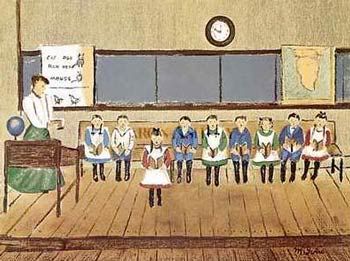
«From the standpoint of democracy the strategy of avoidance seeks to avoid democracy itself. Education which is congruent with this political liberalism faces a dilemma of encouraging critical capacity and a participatory spirit within a deliberately restricted sphere whilst permitting more authoritarian modes of education outside the public realm. A more robust democratic theory would wish its schools to promote the ability of future citizens to deliberate freely upon the full range of issues which might appear directly or indirectly upon a less impoverished political agenda. This would suggest something closer to the traditional liberal education for autonomy and to a readiness to constrain the independence of schools which deny to the child the acquisition of democratic skills. Democracies are as entitled as any other regime to use measures to ensure their survival. Education is one of the measures. At the same time one must assume that a democracy should aspire to procedural fairness and follow this in its educational policy as elsewhere. Whether education genuinely exercises a profound political effect is a moot point. However liberals and democrats (like conservatives and radicals, autocrats and anarchists, communitarians and libertarians) have believed that it does. The education of future citizens seems to be too important for any polity to leave entirely alone. If liberals and democrats do not educate the future masters, someone less liberal and less democratic might.»
Geraint Parry
No comments:
Post a Comment